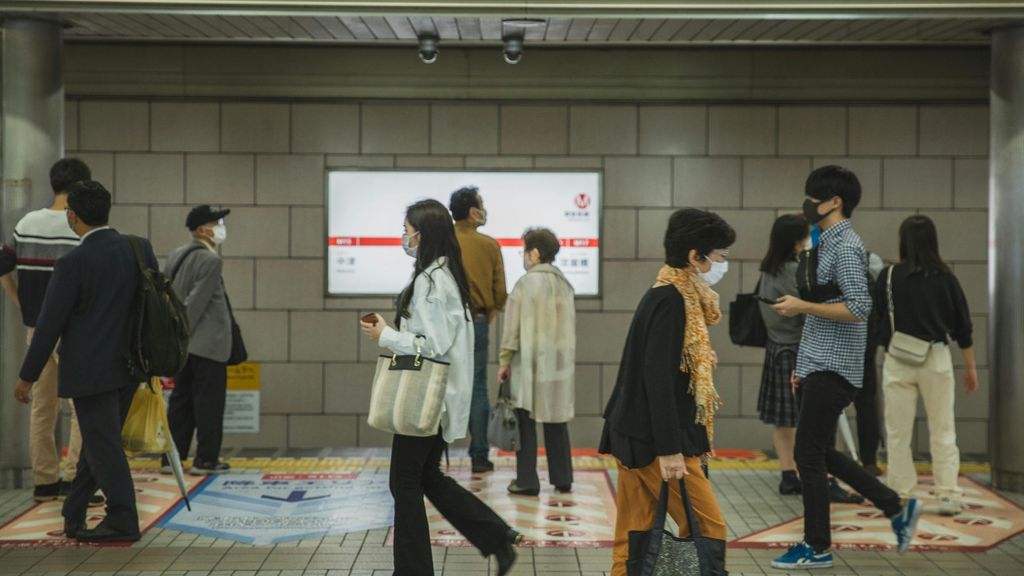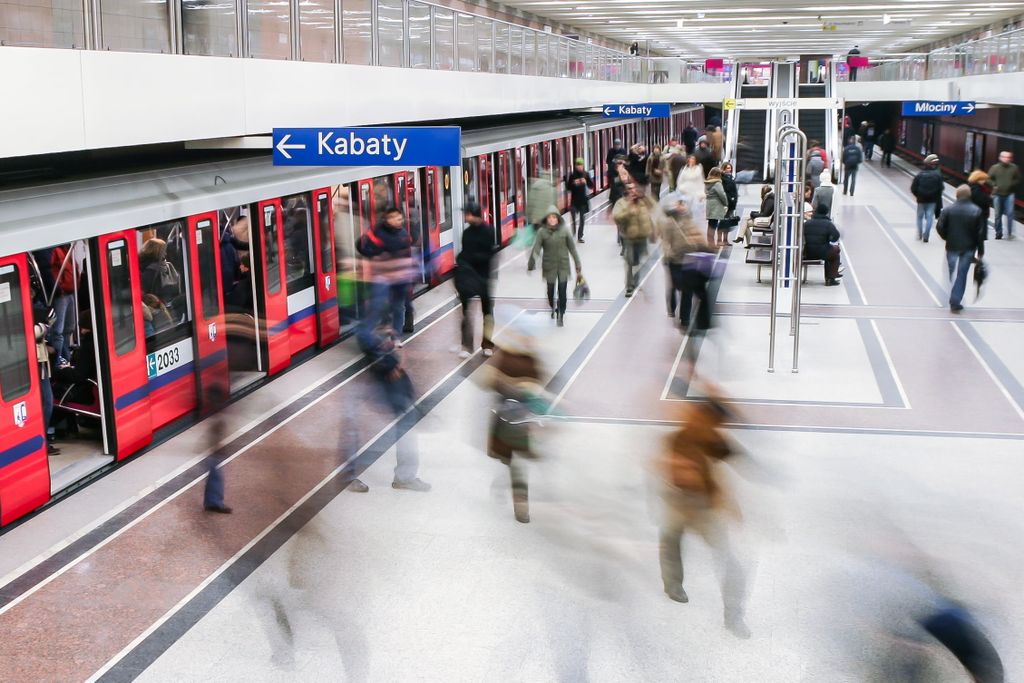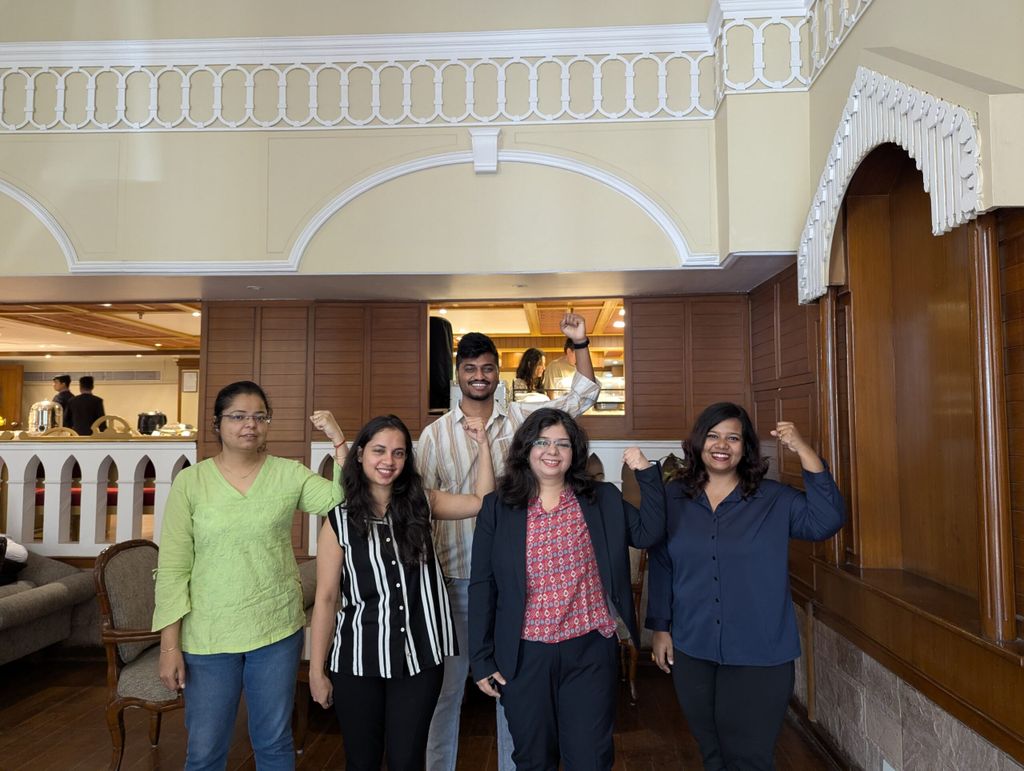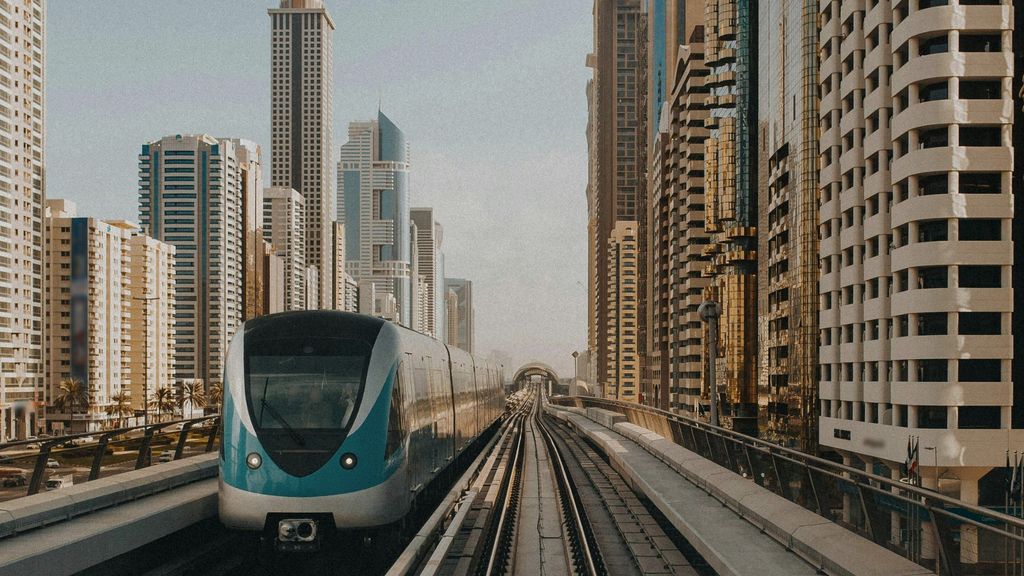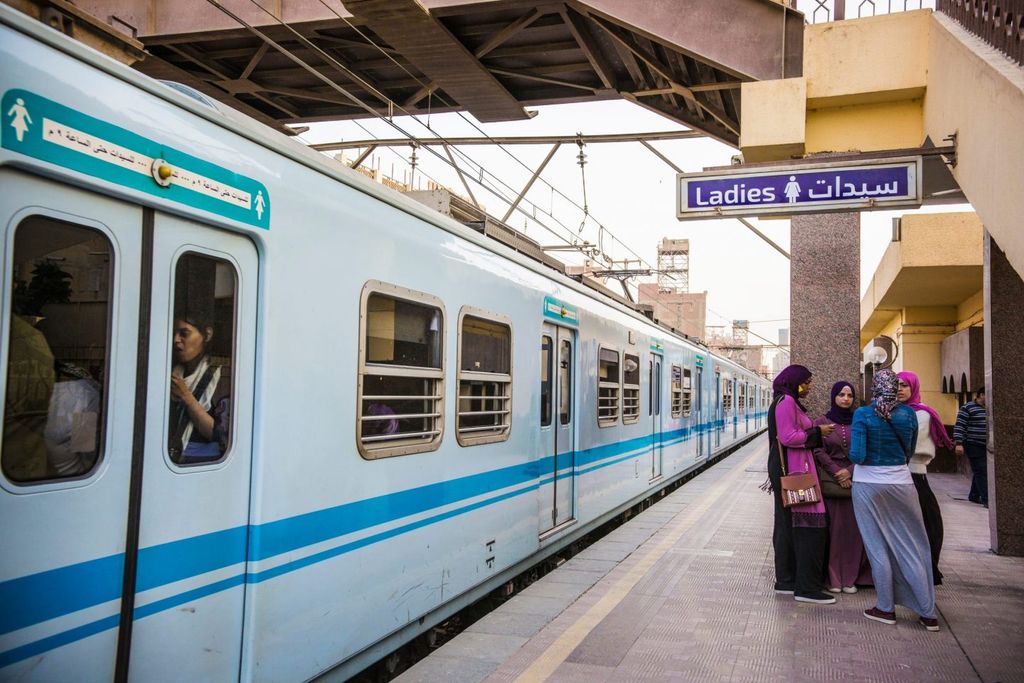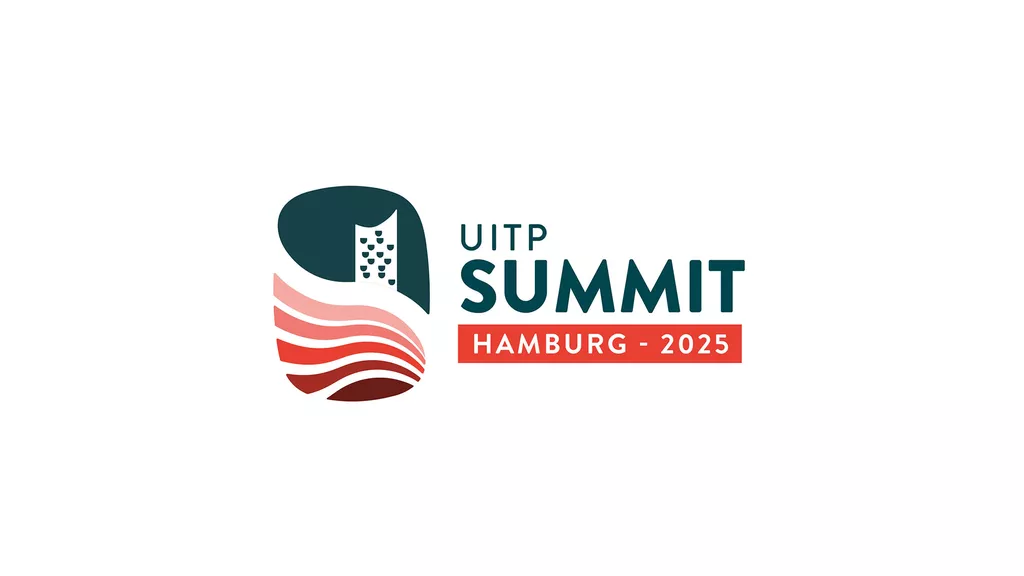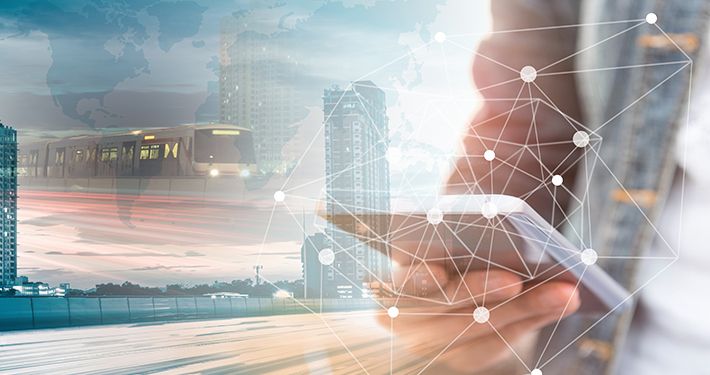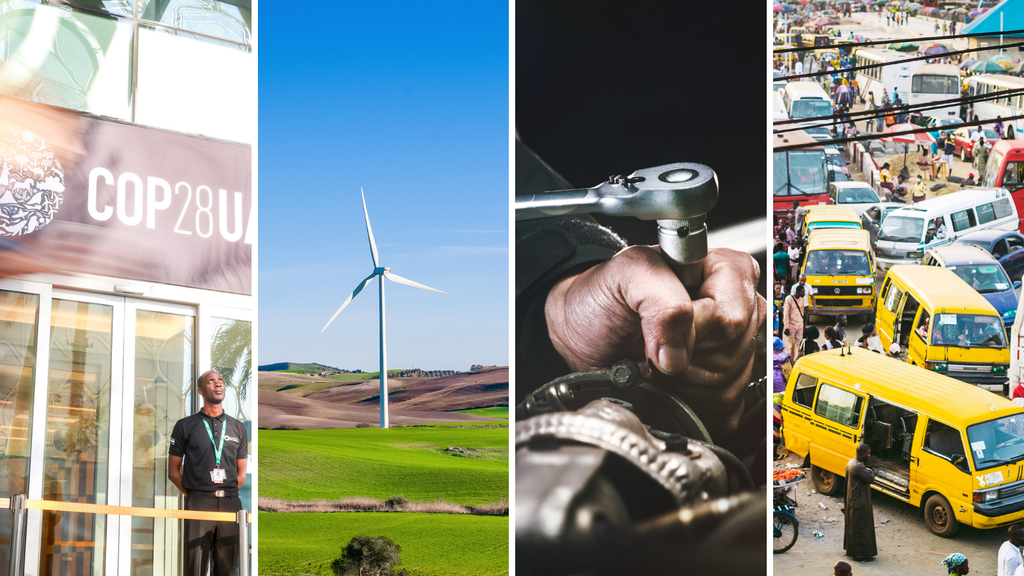
The state of public transport - UITP Policy Board, Rio de Janeiro, 5-6 December 2023
We have entered what is called a “VUCA” world – volatile, uncertain, complex, and ambiguous. And that makes it harder for public transportation companies and authorities to plan for the future.
But on 5-6 December 2023, UITP’s Policy Board and members identified and explored four major themes which public transport must face to build resilience and sustainable mobility for all.
A third of countries overlook public transport in their climate plans! And another third doesn’t allocate a budget to their actions. In their Nationally Determined Contributions (NDCs), countries commit to actions that fight global warming and adapt to a changing climate.
In 2025, these NDCs should be renewed. Now is the time to build capacity and support public transport to unlock the true potential of our sector to decarbonise people’s daily mobility and drive growth of renewables.
At COP28, and in other advocacy activities, UITP is pushing hard to put public transport at the heart of sustainable development.
“The time is now for UITP to be in front of the sector’s challenges and advocate for public transport.”
The electrification of private cars is too often perceivedas the solution to environmental and mobility challenges. But anelectric car traffic jam is still a trafficjam!
Electric cars cannot substitute public transport. Excessive emphasis on EVs can fuel car ownership aspirations.
Even at a time of the transition towards the electrification of urban transport, mobility policies should focus on a mobility transition which must rely upon:
- Reducing car use/dependency and stimulating a modal shift to public transport;
- Increasing multimodality: solutions and behaviours;
- Improving access to public transport
In the framework of a global clean energy transition strategy which must be outlined, it is necessary to implement a phased mobility energy transition by prioritising between modes and contexts, supported by a strong governance framework.
Stable investment and reliable financial planning remain key for the electrification of public transport and in particular of the bus fleets.
Electrification is still facing a number of additional barriers, ranging from grid / energy supply at charging facilities to the availability of vehicles on the market.
UITP recognises the variety of services that paratransit provides.
In the Global South, “Paratransit” is characterised by unscheduled public transport services, with no obligation to provide services at any time, provided by small transport operators with varying vehicle types.
We call for the integration of paratransit as part of any sustainable and integrated mobility planning approach in contexts where it is prevalent.
It should be considered as a major mobility solution and its role within a broader Integrated Public Transport Network needs to be established.
Paratransit presents many strengths but also weaknesses: it needs to be put on a path of transformation to play a critical role in an Integrated Public Transport Network.
An element of this transformation calls for a more data-centric approach to paratransit.
Today our sector is facing an unprecedented crisis with its workforce.
In many countries across the world, there is a shortage of staff, in particular drivers but also on other technical jobs such as in maintenance. Shortage of staff is not unique to our sector but it may have a dramatic impact on a long to medium term.
Labour shortage has a direct impact on the level and quality of public transport services.
To respond to the emergency to support its members to overcome this crisis, UITP has decided to create a dedicated task force to address the shortage of staff in Public Transport.
Public transport commits to use all the levers available to address the worker shortage, including striving to increase diversity in the workforce.
The UITP Policy Board comes together twice per year to discuss the most important issues to the sector and exchange ideas on how to move forward. From Covid-19 to the energy crisis; the ideas and discussions in this forum lead to a clear way forward that supports the entire public transport sector.
In ‘The State of Public Transport’ we outline the current issues and how our sector is aiming to tackle them.




